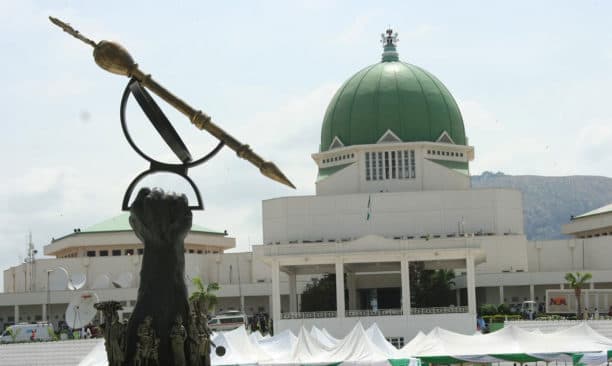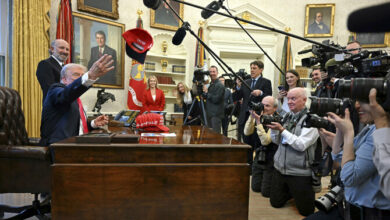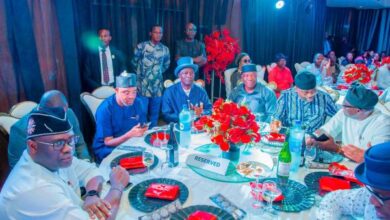Lawmakers Seek Earlier Polls In 2026 To Resolve Disputes Before Handover

Nigeria’s National Assembly unveiled proposals Tuesday to shift the 2027 presidential and governorship elections to November 2026, aiming to wrap up all related court challenges well ahead of the May 29 handover and avert a repeat of past inauguration delays.
The shift, outlined in the Electoral Act (Amendment) Bill 2025, would require polls to occur no later than 185 days before the end of the current term, creating a buffer for judicial resolution.
“This is to ensure that all manner of election litigations are dispensed with before the swearing in of winners,” said Adebayo Balogun, chairman of the House Committee on Electoral Matters, during a public hearing in Abuja organized jointly by the Senate and House committees on the issue.
The hearing, which drew input from electoral bodies and political stakeholders, also spotlighted plans to compress timelines in the 1999 Constitution’s Sections 285 and 139. Under the draft, election tribunals would deliver judgments within 90 days — down from 180 — while appeals would wrap up in 60 days, capping the full process at 185 days.
Prof. Abdullahi Zuru, representing the Independent National Electoral Commission (INEC), hailed related tech upgrades as game-changers. “Electronic voting and compulsory e-transmission of results are critical to enhancing credibility and reducing post-election disputes,” Zuru told attendees.
Additional reforms floated include early voting for security forces, INEC workers, journalists and observers at least 14 days prior to main balloting. Non-compliance, such as issuing unstamped ballots, could land officials in jail for a year or hit them with a one-million-naira fine.
Lawmakers are also pushing to bundle all 2027 races — from the presidency to state assemblies — into a single day, a cost-saving measure that opposition parties like the Peoples Democratic Party and Labour Party endorsed but the ruling All Progressives Congress shot down, citing risks of chaos.
The ideas stem from nationwide consultations led by Deputy Speaker Benjamin Kalu’s House Committee on Constitution Review. If passed, they could streamline Nigeria’s often-tumultuous polls, though critics warn of logistical hurdles in the world’s most populous Black-majority nation.




